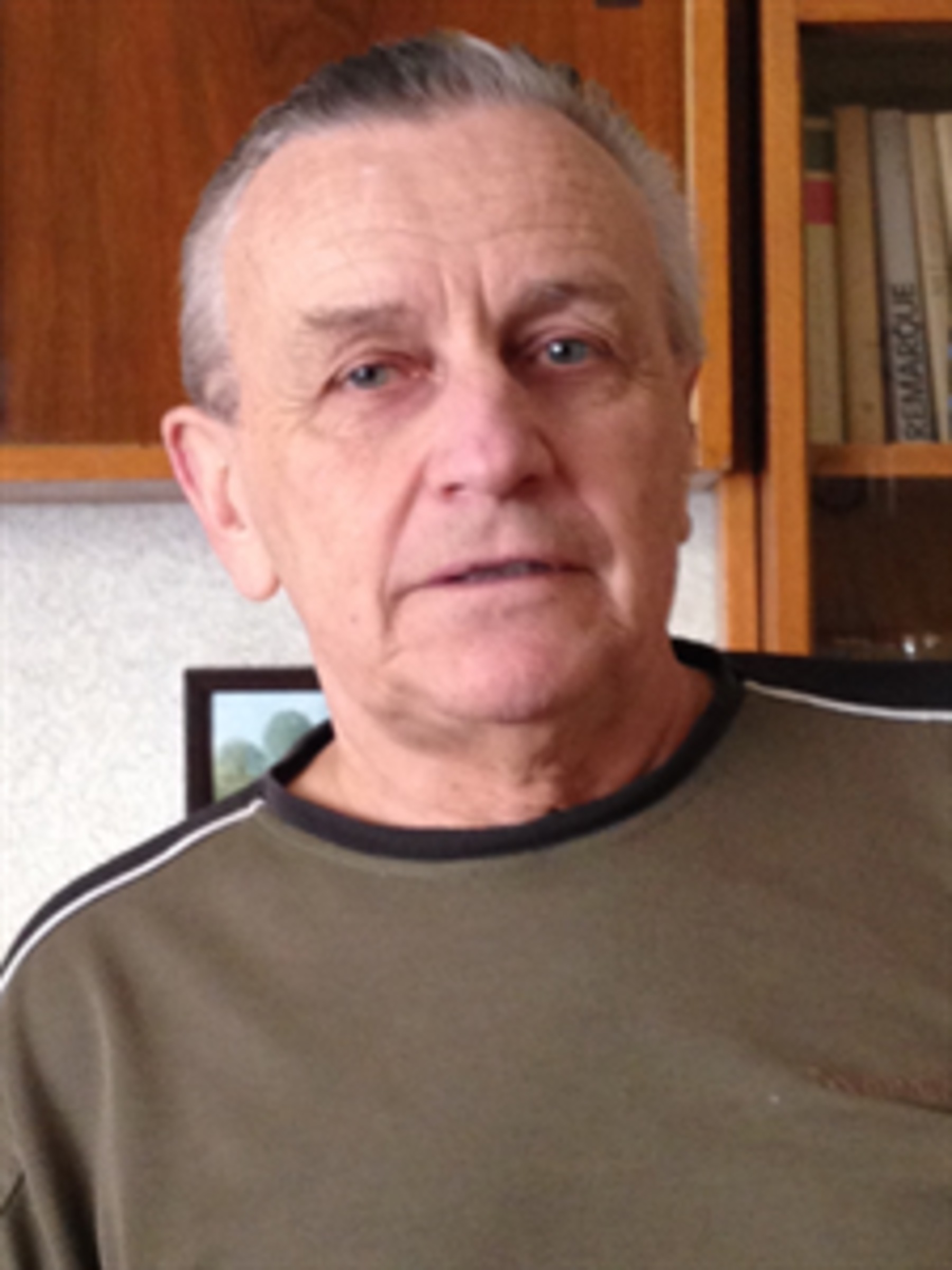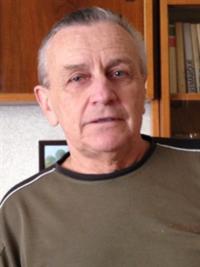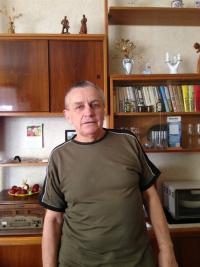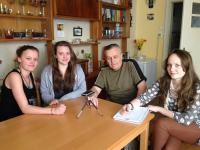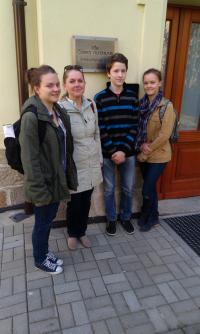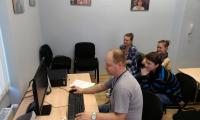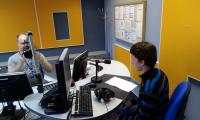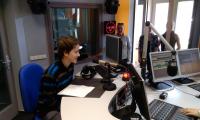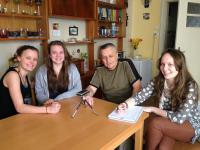Those fussy soldiers did not even know they were in Czechoslovakia
Milan Drbohlav was born on May 4, 1941 in Blatná. He remebers the arrival of the American army into his home town, signaling the end of WWIII. After the war he moved out with his parents to Aš and Kraslice in 1947. Then in 1958 he graduated at the eleventh grade school and started working for the Regional Building Enterprise in Kraslice. From 1959 - 1961 he studied at the Middle Industrial Construction School in Kadaň. For the next two years he served basic military service in Karlový Vary and decided to stay in the city since. In 1963 he joined the Structural Buildings in Karlovy Vary, where he experimented with many different positions. In 1964 he married. He and his wife had two daughters. After the Structural Buildings ceased to operate in 1991 he worked for several other companies in Karlovy Vary. In 2003 he retired.
